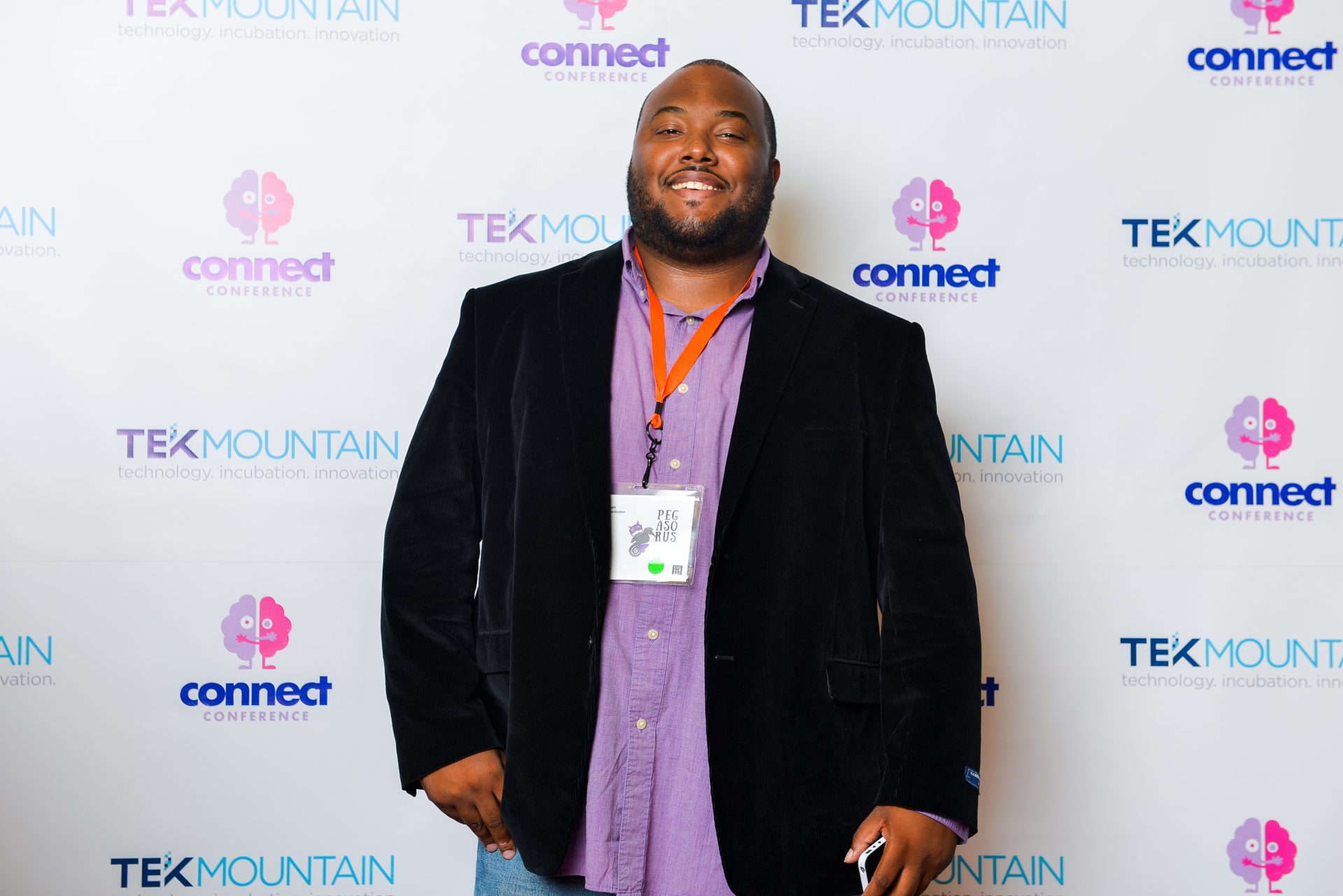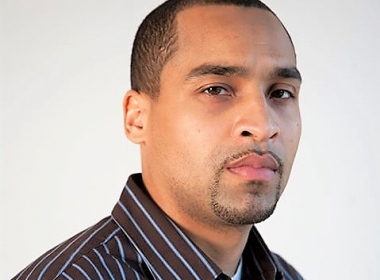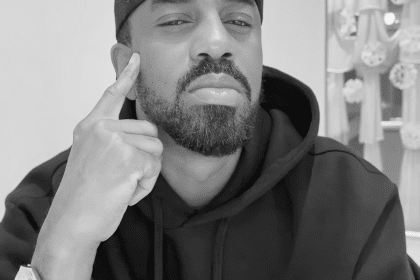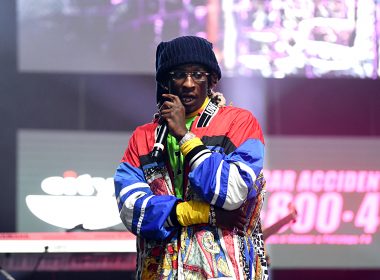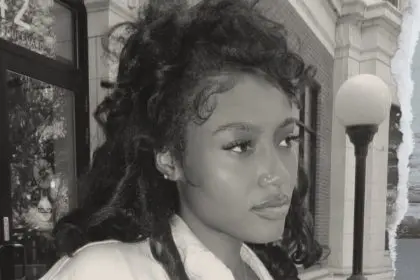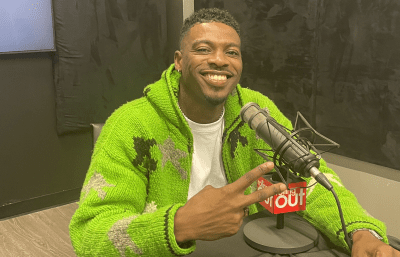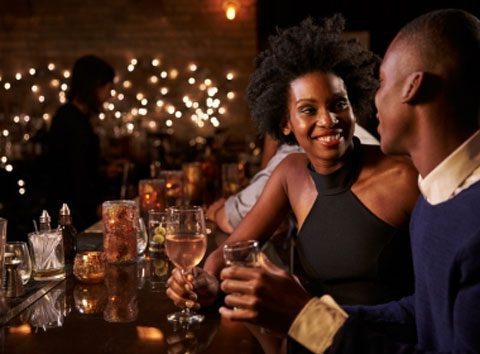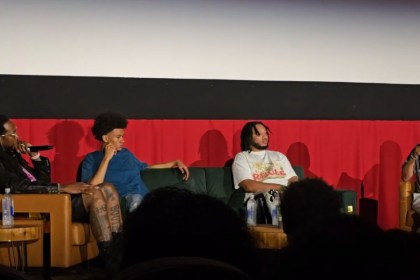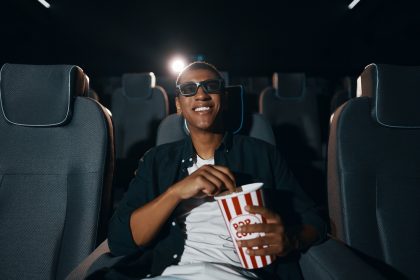
Nefertite Nguvu’s latest film In The Morning is a revealing look at nine friends and their search for love and happiness. No stranger to film world, she has honed her directing skills into what In The Morning brings.
The film will screen at the 21st annual Black Harvest Film Festival, which runs Aug. 8 through Sept. 3 at the Gene Siskel Film Center. In The Morning will screen Aug. 18 and Aug. 19.
Read what Nguvu has to share about the project and her work.
Did you use your dating experiences as background for the film?
One of the things that motivated me to make In The Morning was a desire to see relationships reflected in a deeper way. There are so many films that tell “boy meets girl” fairytales, which are fun, but I don’t really know anyone whose love experiences are that neat or simple. Relationships can be complicated, especially for 30-somethings, so I wanted to make a film that reflected the truth of that. Vulnerability and intimacy are not often explored in stories about Black life, and I want to be a part of changing that. I used my own experiences as well as those of some friends. This film is my love letter to women: beautiful, smart, elegant, vulnerable, sensitive, Black women who don’t often get to see themselves in movies.
The search for “happiness” is a constant theme in the movie. What are the impediments to happiness, not only for your characters, but for all of us? And what does it say about us as a people?
Though the film takes a look at where the characters are in terms of their relationships with other people, ultimately it’s about the relationship one has with one’s self. At its core the film is about self-love/self-actualization, and the power of choice and action. Which for our characters and for many of us out here in the real world is no easy feat? So much in our society drills into us that we are not worthy, that we have no rights, very directly — that our lives don’t matter. Finding your way around those ever present constraints, and stepping into your own sense of power is transformative, and indeed a step toward happiness — which I believe is just another word for freedom. Like most people I know, our characters are doing their best to get free.
What is your perception of Black male-female relationships?
Black love is a beautiful, necessary, powerful, amazing thing! Everywhere I look, I see wonderful examples of Black women and men loving one another. I’m hopeful that we’ll continue to see more love and understanding between us; it’s vital.
Talk a little about your film background and how you are able to bring your artistic vision to fruition.
I studied film at The School of Visual Arts in New York City. I took a long detour after graduating from film school where I had to work in other fields in order to have a steady income. Eventually, I found my way back and started making short films independently. Both of my shorts were a huge step forward in terms of helping me hone my voice. I’ve always been fascinated by the endless intricacies of the human heart and mind, so I naturally gravitate toward stories about relationships. I Want You, my first short, shot in black and white and highly stylized, tells a more traditional relationship story. My second short, The End of Winter, tells a much more complex and intimate story about love in the presence of loss. That film really crystallized for me the desire to focus more on intimacy, and vulnerability, and what lies beneath the surface. That’s really what In The Morning is about. I worked very closely with the amazing cinematographer Arthur Jafa on In The Morning. We wanted to create a film that possessed an elevated art-house cinema sensibility that also felt like it possessed the rawest, deepest, darkest, blackest, most visceral, and most beautiful, elements of soul music. We referenced everything from Tarkovsky and Bergman films, to McCoy Tyner and Aretha Franklin. More than anything, we wanted our film to feel soulful. The artistic process for me is always about working backward from the emotional intention of the work. I’m always trying to discover how to make the work more truthful and more soulful, because more than anything else, I want people to see themselves.

